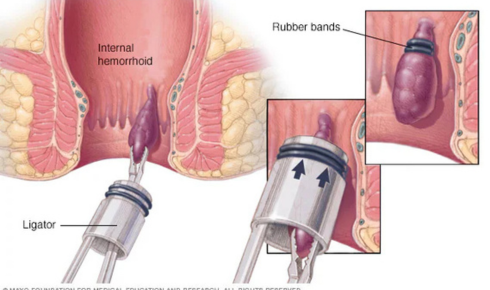Venous ulcers can be a source of discomfort and worry. They can disrupt your daily life. Yet, with the help of experts like Kristen Forsythe FNP, there is hope. Vascular surgeons are equipped with detailed knowledge and advanced techniques to handle these troublesome wounds. In this blog, we will explore how these medical professionals treat and prevent venous ulcers, aiding you toward an improved quality of life.
Treatment of Venous Ulcers
The treatment of venous ulcers begins with a proper evaluation. This helps doctors understand the severity of the ulcer. Some initial treatments might include cleaning the wound, applying dressings, and prescribing antibiotics. More severe cases might require surgery.
Prevention of Venous Ulcers
Prevention is always better than cure. This holds true for venous ulcers as well. Regular exercise, a balanced diet, and sufficient hydration can prevent these ulcers. Avoiding long periods of standing or sitting can also go a long way in ulcer prevention.
Comparison Between Treatment and Prevention
| Aspect | Treatment | Prevention |
| Ease | May be complex, requiring medical intervention | Often simple lifestyle changes |
| Cost | Can be expensive, depending on severity | Generally less expensive, mostly encompassing routine activities |
| Time | Takes time, healing is often slow | A continuous process, integrated into daily life |
Remember, early detection and treatment can save much discomfort. Regular check-ups with a healthcare provider, like Kristen Forsythe FNP, can help identify and manage the issue before it escalates. With the right knowledge and action, we can combat venous ulcers effectively.




